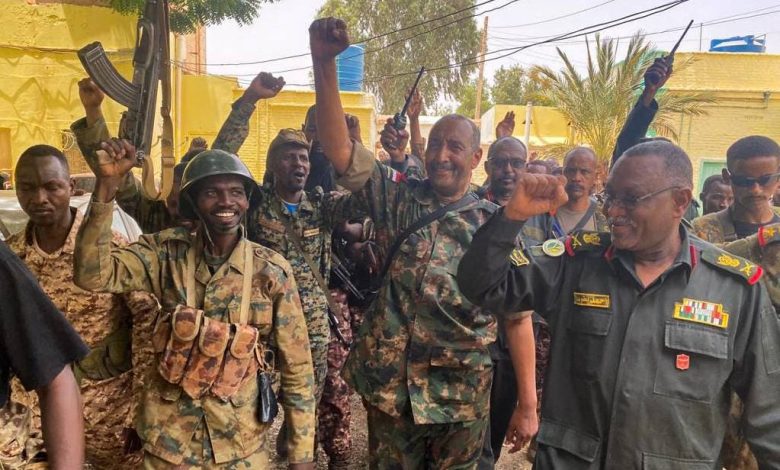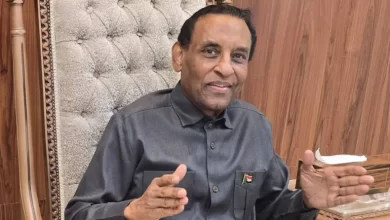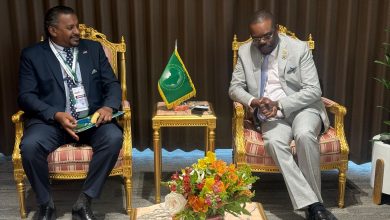
Washington has announced it will impose sanctions on Sudan after concluding that the Sudanese army used chemical weapons in 2024 during its conflict with the Rapid Support Forces (RSF). Khartoum quickly rejected the accusations and sanctions, accusing Washington in return of blackmail and falsification.
U.S. State Department spokesperson Tammy Bruce said in a statement that the sanctions will include restrictions on U.S. exports and U.S. government credit lines, and will take effect around June 6 after Congress has been notified.
Bruce added, “The United States calls on the Government of Sudan to cease the use of chemical weapons and to honor its obligations under the Chemical Weapons Convention,” which prohibits the use of such weapons.
According to the statement, on April 24 the United States officially determined—under the Chemical and Biological Weapons Control and Warfare Elimination Act of 1991—that the Sudanese government used chemical weapons last year. However, it did not specify the type of weapons used or the exact time and location of their use.
Bruce emphasized, “The United States reaffirms its full commitment to holding accountable those who contribute to the proliferation of chemical weapons.”
Khartoum Rejects Accusations
In response, Khartoum quickly dismissed the U.S. statements and accusations. Sudanese government spokesperson and Minister of Culture and Information Khalid Al-Ayesir said that Washington’s claims and decisions are marked by “political blackmail and falsification of facts.”
He described the U.S. allegations as false and said they targeted the Sudanese army again following field victories that shifted the dynamics of the battle and the recent appointment of a new prime minister.
Al-Ayesir stressed that the U.S. administration “seeks to mislead public opinion and provide political cover for parties that have lost legitimacy and committed crimes against the Sudanese people.”
He added that Washington had previously attempted to impose the “Framework Agreement” on Sudan in a manner designed to keep militias within an artificial transitional scene.
In January, the U.S. imposed sanctions on army chief Abdel Fattah Al-Burhan, accusing him of insisting on ending the conflict through warfare instead of negotiations.
The U.S. also concluded that members of the RSF and allied militias committed acts of genocide and imposed sanctions on several RSF leaders, including its commander Mohamed Hamdan Dagalo, known as Hemetti.



